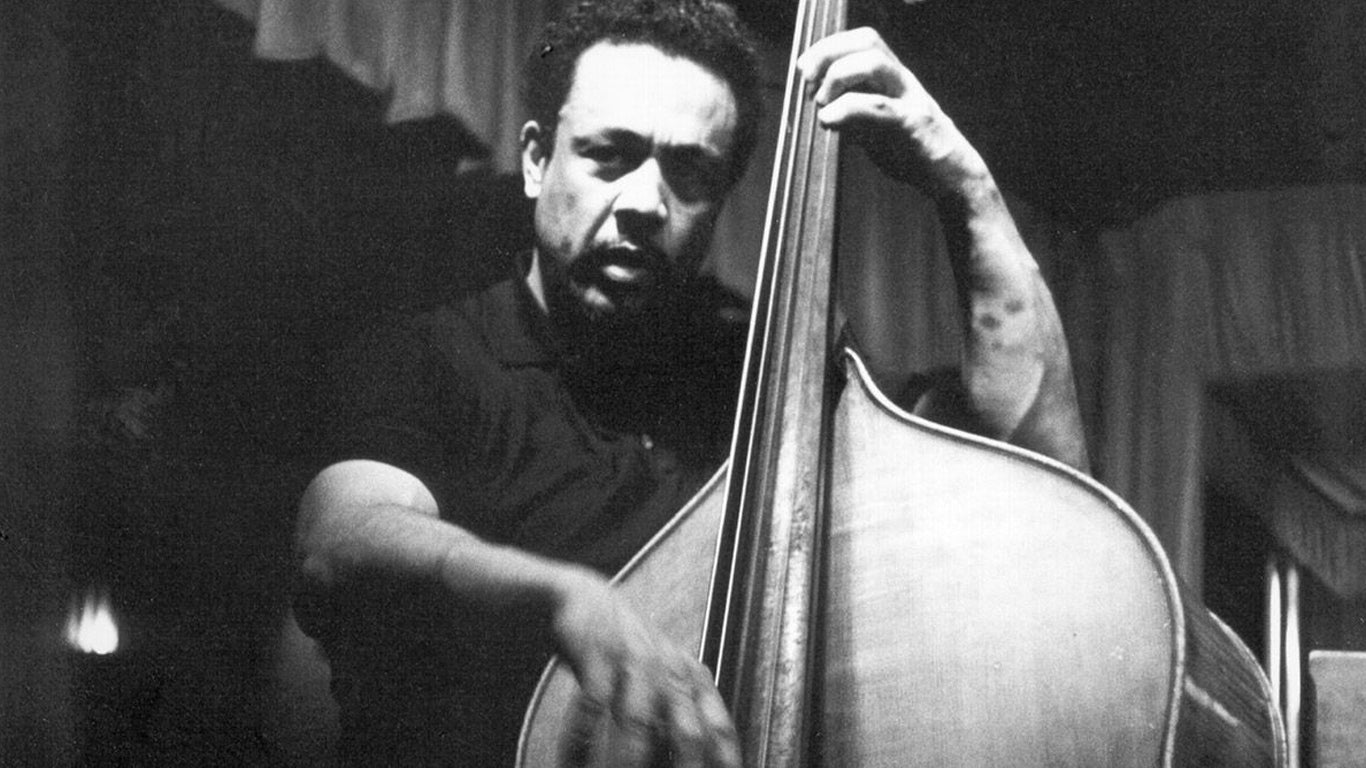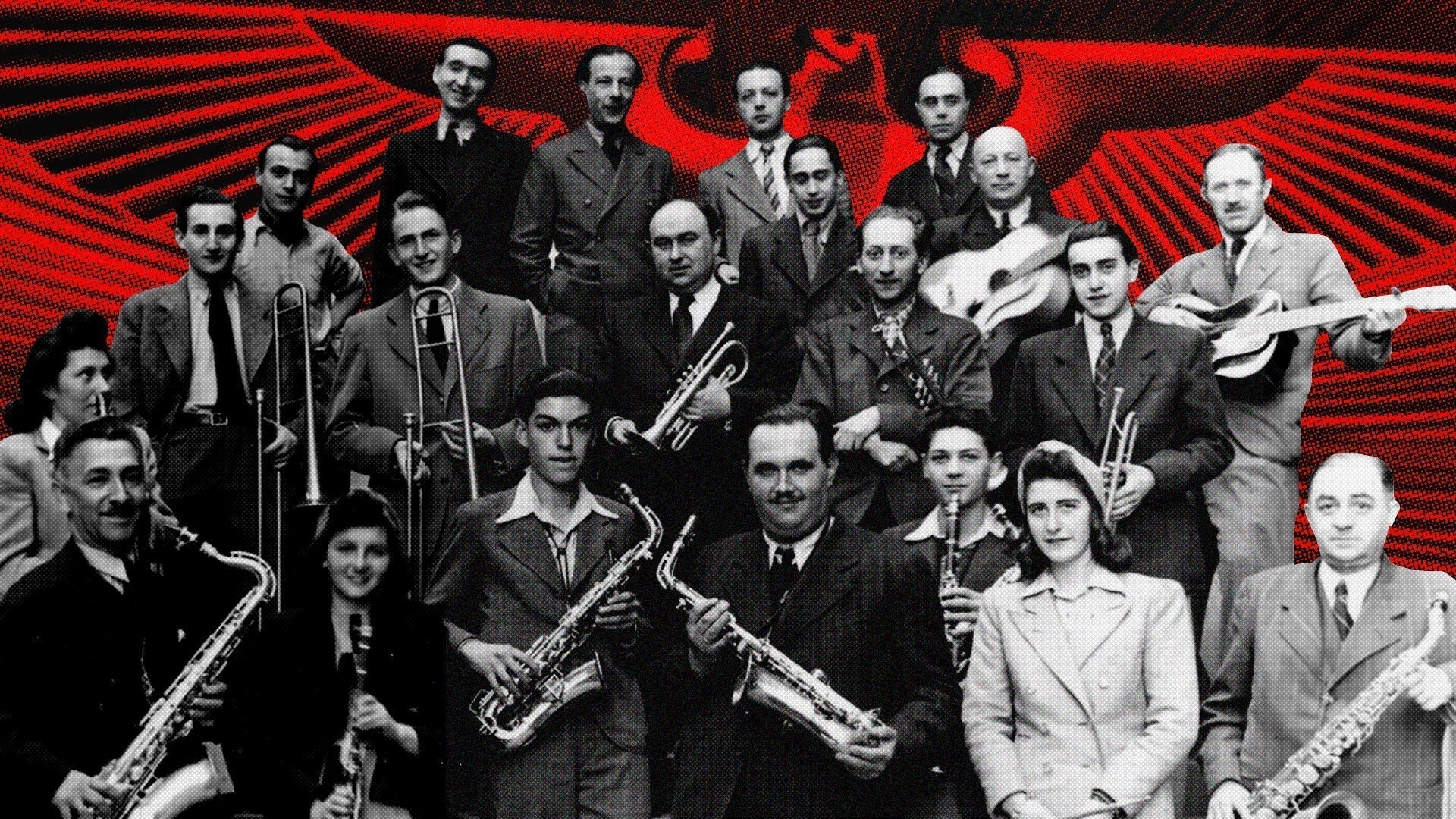The Story Of Charles Mingus's Ashes Being Scattered In The Ganges River

One of the greatest jazz artists of the 20th century, Charles Mingus was born on 22 April 1922 in Nogales, Arizona to mixed-race parents. He grew up without a mother because she passed away when he was only four years old.
Mingus played the trombone and the cello, but it was with bass that he truly found his voice. Mingus was a legendary jazz composer, covering the entire spectrum of human emotions in his complex music. He was ambitious, yes, but he also felt misaligned in life. It all changed when he met North Beach artist Farwell Taylor. Taylor introduced Mingus to infinite possibilities and provided him with moral support. He was the one who introduced Mingus to the Vedanta Hindu faith.

An advocate for civil rights, Mingus often incorporated politics into his music. His 1956 song, ‘Fables of Faubus’, was written in protest against the Arkansas Governor, Orval Faubus, who tried to prevent the racial integration of Little Rock Central High School by nine African American teenagers. He recorded more than a hundred albums and wrote over three hundred scores in the entire span of his career.
In the 1970s, Mingus suffered from Lou Gehrig’s disease. By 1978, he started getting weaker. His last months were spent seeking a cure in Mexico with guidance from a 72-year-old Indian witch doctor and healer Pachita, before passing away on 5 January 1979 at the age of 56.
Mingus was so influenced by the Hindu faith that he even requested that his ashes be scattered in the Ganges, the holiest river in India. He believed in reincarnation and did not want a jazz funeral. He also liked the Hindu philosophy because it incorporated all the religions. He also went to temples occasionally and had a spiritual connection. He did not want anyone to mess with his personal and spiritual passage from one life to the next.

His wife, Sue Mingus carried his ashes to India and at the source of the Ganges, released him with flowers and prayers, exactly as he would have wanted.
Also read: Carlton Kitto: Kolkata's lost jazz legend
Remembering India's Forgotten Jazz Masters - International Jazz Day 2023






Comments